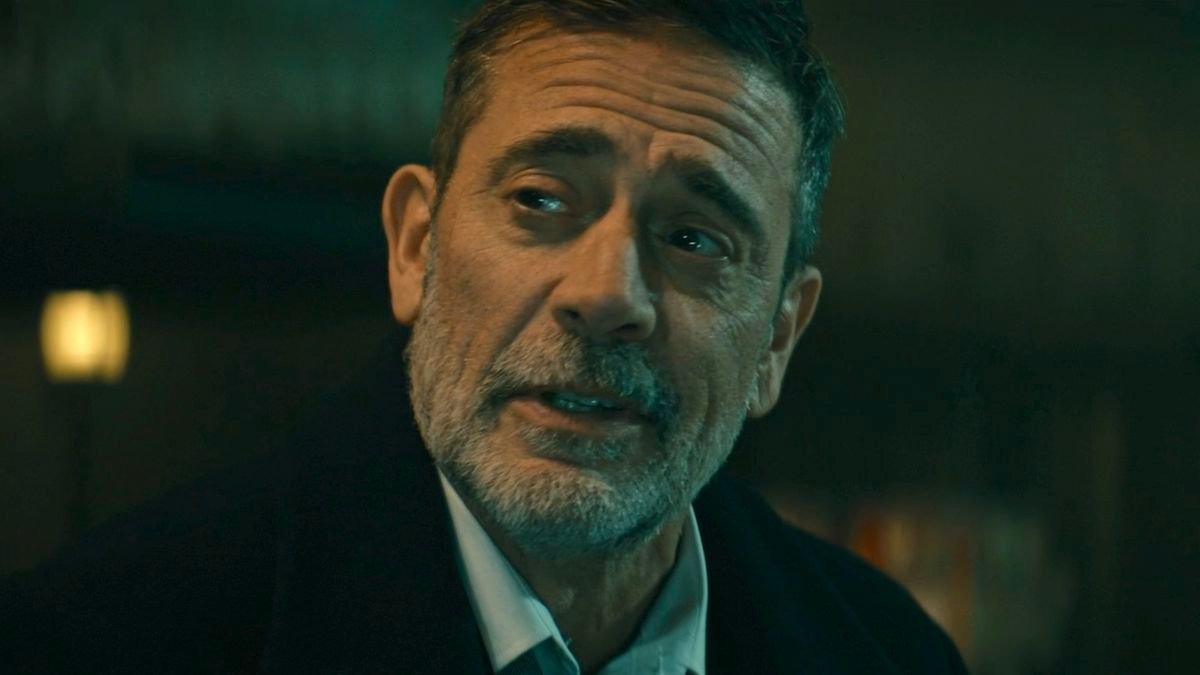When we think about comic books and graphic novels, certain names pop up immediately. One such name is Joe Kessler, renowned for his incredible contributions to the world of comics, particularly in the series “The Boys.” This article delves into Joe Kessler’s journey, the impact of his work, and how his stories resonate with readers around the globe.
Who is Joe Kessler?
Joe Kessler is a talented writer and illustrator whose work primarily revolves around the comic genre. His unique storytelling style and captivating illustrations have won him a significant place in the comic community. He is best known for his contribution to “The Boys,” a comic series that explores themes of heroism, morality, and the consequences of unchecked power.
Background and Early Life
Born into a family that appreciated art and storytelling, Joe was influenced by comics from a young age. His childhood was filled with comic books, superhero cartoons, and the occasional trip to the local comic shop. This exposure sparked a passion for storytelling and drawing that would shape his career.
- Influences: Joe draws inspiration from various sources, including classic literature, movies, and other comic book artists.
- Education: He honed his skills through formal education in art and creative writing, blending these disciplines to create compelling narratives.
The Concept Behind “The Boys”
“The Boys” is not just another superhero comic; it challenges the traditional notions of heroism and morality. The series, created by writer Garth Ennis and artist Darick Robertson, introduces readers to a world where superheroes, known as “Supes,” are often corrupt and abuse their powers.
Key Themes in “The Boys”
The narrative focuses on a group of vigilantes, referred to as “The Boys,” who aim to take down these corrupt superheroes. Here are some key themes that resonate throughout the series:
- Corruption of Power: The series explores how power can corrupt individuals, regardless of their original intentions.
- Moral Ambiguity: Characters in “The Boys” often grapple with difficult moral choices, challenging the black-and-white view of good and evil.
- Consequences of Heroism: The series delves into the ramifications of heroic actions, highlighting that even well-intentioned heroes can cause harm.
Characters That Define the Series
“The Boys” is populated by a diverse cast of characters, each contributing to the rich tapestry of the story. Some notable characters include:
| Character | Description |
|---|---|
| Billy Butcher | The leader of The Boys, known for his ruthless methods and personal vendetta against Supes. |
| Hughie Campbell | A regular guy who gets dragged into the chaos, representing the everyman. |
| Homelander | The main antagonist, a powerful and morally corrupt superhero. |
| Queen Maeve | A superhero with a complicated moral compass, often torn between her duties and personal beliefs. |
These characters not only drive the plot forward but also serve as reflections of the complex themes that “The Boys” presents.
Joe Kessler’s Artistic Contribution
While Garth Ennis is credited as the primary writer, Joe Kessler’s artistic contributions to “The Boys” have been instrumental in bringing the story to life. His illustrations enhance the narrative, providing a visual representation of the complex emotions and chaotic situations that the characters encounter.
The Role of Illustrations
Illustrations in comics serve a purpose beyond mere decoration. They are crucial in conveying emotions, actions, and settings. Here’s how Joe Kessler’s art plays a vital role in “The Boys”:
- Emotional Depth: Kessler’s use of facial expressions and body language adds layers of meaning to the characters’ interactions.
- Dynamic Action: His ability to depict movement and action scenes creates a sense of urgency and excitement that keeps readers engaged.
- Visual Storytelling: The combination of text and imagery allows for a richer storytelling experience, making the narrative more impactful.
The Impact of “The Boys” on Popular Culture
Since its debut, “The Boys” has left a significant mark on popular culture. The series has been adapted into a successful television show, introducing the story to a broader audience. Here are a few ways “The Boys” has influenced contemporary culture:
- Television Adaptation: The Amazon Prime series has garnered critical acclaim and a dedicated fan base, furthering the reach of Kessler’s work.
- Merchandising: The popularity of the series has led to a variety of merchandise, including action figures, clothing, and collectibles.
- Influencing Other Media: The themes and character archetypes from “The Boys” have inspired other creators in the comic and television industries.
Exploring the Show’s Reception
The adaptation of “The Boys” into a live-action series has received widespread praise for its faithful representation of the comic’s themes while introducing new elements. Some notable points include:
- Critical Acclaim: The show has been lauded for its writing, character development, and social commentary.
- Audience Engagement: It has sparked discussions about the portrayal of superheroes and societal issues, resonating with audiences worldwide.
The Legacy of Joe Kessler and “The Boys”
As Joe Kessler continues his work in the comic industry, the legacy of “The Boys” remains strong. The series challenges readers to think critically about the nature of heroism, power, and morality.
Influencing Future Generations
Kessler’s work is not just entertainment; it’s a thought-provoking commentary on society. Future generations of comic artists and writers can draw inspiration from his unique approach to storytelling. Some aspects of his legacy include:
- Encouraging Diverse Narratives: Kessler’s focus on complex characters encourages new voices in the industry.
- Pushing Boundaries: His willingness to tackle challenging themes has set a precedent for future works.
Conclusion: The Enduring Appeal of Joe Kessler and “The Boys”
In conclusion, Joe Kessler and his work on “The Boys” have left an indelible mark on the comic book industry. Through compelling storytelling and stunning illustrations, Kessler has crafted a narrative that resonates with readers of all ages.
The series stands as a testament to the power of storytelling, encouraging us to reflect on our values and the complexities of human nature. As we continue to explore the world of comics, the influence of Joe Kessler and “The Boys” will undoubtedly endure, inspiring future creators and readers alike.
As we wrap up, it’s clear that the adventures, challenges, and moral dilemmas faced by the characters in “The Boys” reflect our own world in many ways, making this series a vital piece of modern storytelling. Whether you’re a longtime fan or a newcomer, there’s always something new to discover in the universe created by Joe Kessler.

